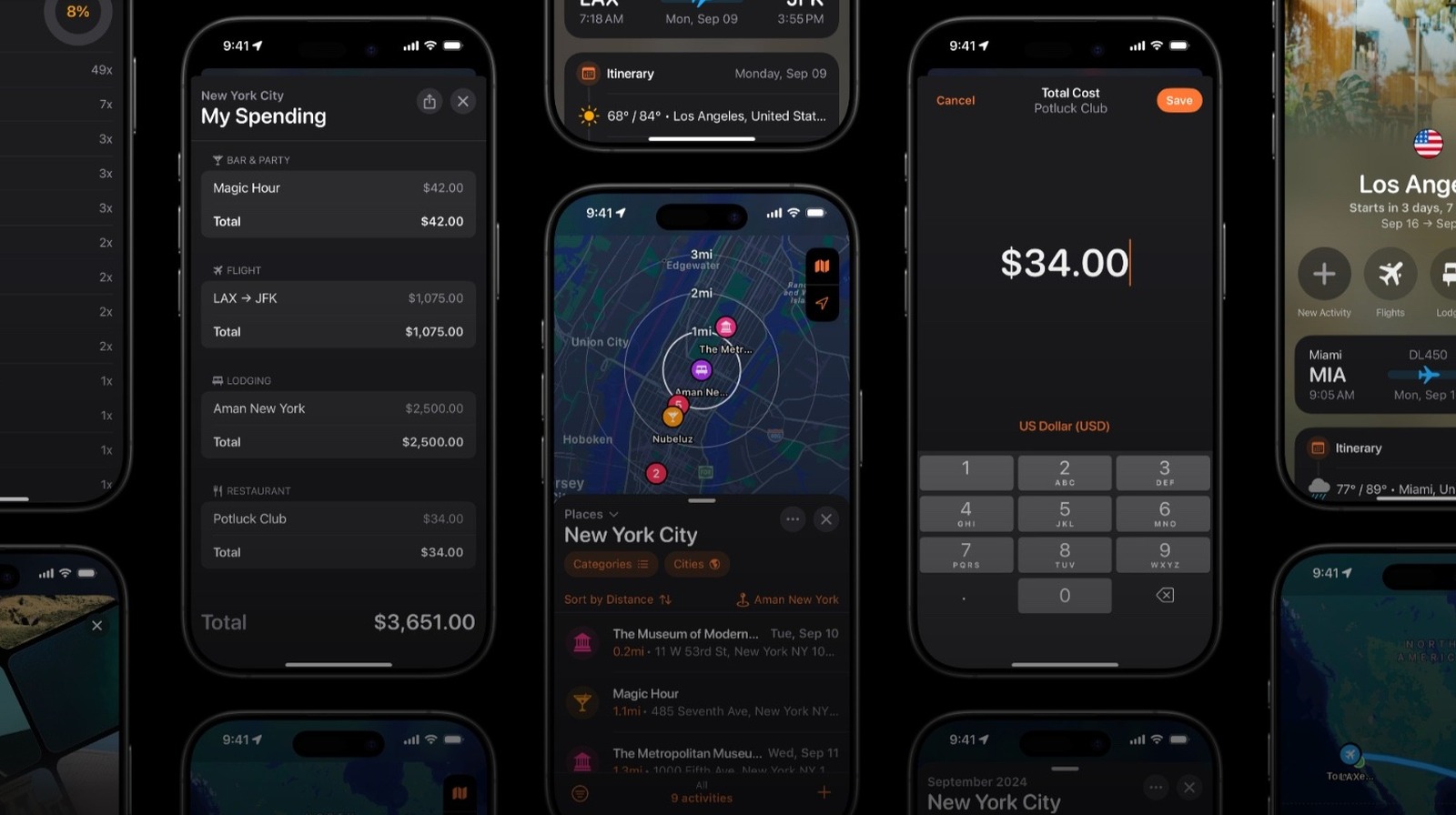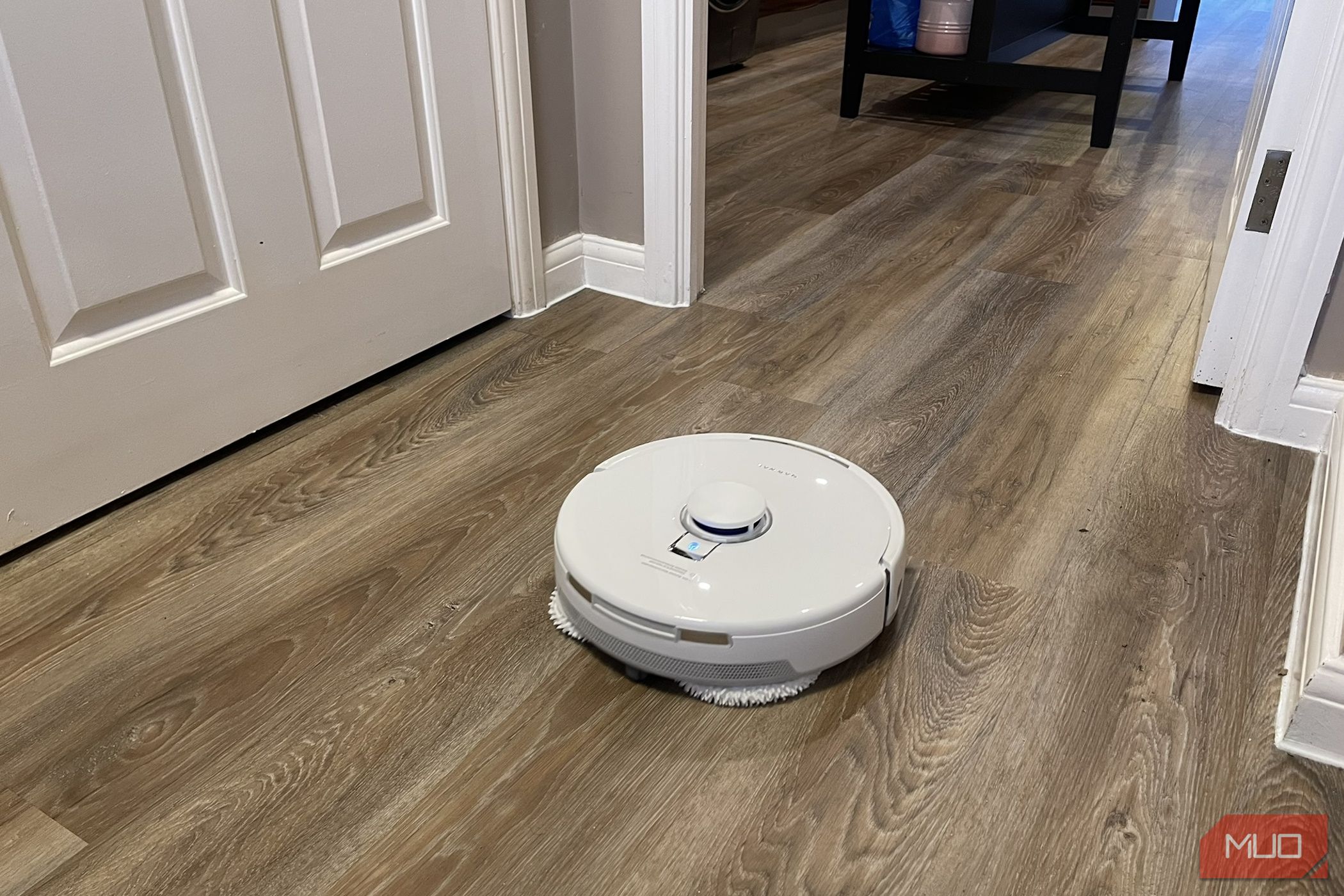In May, World Donkey Day came and went quietly in much of Kenya. But in a small corner of Kisumu County, western Kenya, 30 small-scale farmers in Agoro East chose to mark the day differently – by actually celebrating their donkeys.
On top of resting all 86 animals they collectively had, members of the community, part of the Agoro East Tunza Punda Self Help Group, checked donkeys for signs of illness, refreshed their feed and water, and, in what one farmer called an “intentional gesture of gratitude and care,” gave them a day of rest. For many, it was a moment to reflect on the vital role donkeys play in sustaining the nation’s agricultural backbone.
Across Kenya, over 1.8 million donkeys transport goods, fetch water, and sustain entire households. But for decades, these animals have borne the brunt of neglect, suffering from malnutrition, lameness, and work-related injuries. In fact, recent statistics show that a third of Kenya’s working donkey population is in poor condition, largely due to a lack of veterinary care, harmful traditional practices, and widespread ignorance about animal welfare.
Now, a new model of care is taking root in western Kenya that is showing the very people who depend on donkeys the most a different way to handle these animals.
A new model of care
Tunza Punda, or “take care of the donkey,” in Swahili, is both a guiding ethos and the name of a group founded in 2018 to improve the welfare of donkeys and the lives of their owners. The group is one of many in rural Kenya supported by the Kisumu-based NGO, Support for Tropical Initiatives in Poverty Alleviation (STIPA) and the animal welfare organisation Brooke East Africa. Together, they founded the Community Donkey Insurance for Protection (CDIP) scheme, offering a novel safety net for donkey owners.
For an annual fee of just $5.40 (700 Kenyan shillings), farmers can enroll their first three donkeys into a health plan under CDIP that provides expert veterinary treatment and regular check-ups. Each additional donkey costs $1.55 (200 shillings) to insure per year. Additionally, all participating donkeys are microchipped for easy identification, especially useful when they stray during grazing.
In just five months, 312 rural farmers have joined, microchipping 517 donkeys. The program aims to include 5,000 donkeys in the next three years.
The microchips, just 14 millimeters in length, are inserted under the mane or neck of each donkey, at a location chosen by the farmers themselves.
“The chips carry vital data, such as the donkey’s medical history, the owner’s identity, and even the animal’s name,” said Kevin Wekesa, an IT officer with STIPA.
With each animal uniquely identified, veterinarians no longer rely on vague descriptions or paper logs.
“When a farmer calls about a sick donkey, a veterinary officer arrives, scans the chip, and instantly accesses a full profile,” Wekesa explained. “From diagnosis to dosage, everything is recorded in a regional database.”
In places like KAMARA Self Help Group in Rarieda sub-county, where the system has been fully implemented, the technology is already bearing fruit.
Cases of donkey mix-ups, common in a community where animals often graze together and, as Wekesa noted, “donkeys look alike,” have dropped.
“We’ve even recovered stolen donkeys in markets as far away as Nyakach,” he added.
The system operates on a frequency of 134.2 kHz and is supported by handheld scanners provided to trained veterinary staff. In communities without electricity or reliable internet, the data collection is largely manual and mobile-driven.
“We use mobile phones, SMS, and M-Pesa for registration and payments,” said STIPA’s Monitoring and Evaluation Officer, Sarah Okwero, said. “Training is done in person. Many farmers don’t have access to technology, so physical outreach is key.”
Each farmer is registered using their phone number, national ID, and physical location before they are onboarded into the CDIP system. The program also designates group leaders within farming collectives, who serve as a link between veterinary officers and individual donkey owners.
“Once a donkey is treated, the condition, drugs administered, and diagnosis are all updated in the database,” Okwero said. “It allows continuity of care, even across visits by different officers.”
The initiative has also had unintended social benefits. Farmers, who once inadvertently took home others’ animals from communal spraying events, are now empowered by the chips to verify ownership instantly.
Still, challenges persist. Donkey mistreatment remains a concern, and theft, though declining, has not been eradicated. While STIPA has considered GPS tracking as a next step, Okwero said, “the current priority is expanding enrollment.”
“We need more donkeys in the program before we can take on GPS tracking,” she said. “We’re working closely with the national anti-stock theft unit, but our focus now is better care and treatment for these animals.”
Okwero also added that the adoption of the insurance scheme is steadily rising.
“We’re seeing more and more farmers joining,” she said. “You can see a huge difference between insured donkeys and those that are not.”
Before the CDIP program, donkeys were seen merely as “tools,” often overworked, underfed, and abandoned when they could no longer perform, explained Okwero. But that mindset is beginning to shift.
“The message is spreading,” she said. “Tunza punda akutunze — take care of the donkey, and it will take care of you.”
Changing how donkeys are treated
This is true for Joram Otieno, 60, the local self-help group’s chairman, and himself an owner of three donkeys. The program has transformed the way his community treats its animals and prevented needless losses.
“Before this program, we lost many donkeys,” Otieno told . “Some died from diseases that could easily have been treated if only we had information.”
Otieno bought his first female donkey in 2015 for 5,000 shillings (about $36.80).
“In my community, donkeys were traditionally seen as low-class animals. People didn’t care for them,” he said. “I bought one just to help carry water and loads, but I thought I had wasted my money.”
Poor care soon led to heartbreak. His donkey’s first foal died days after birth. A second foal, born a year later, also perished within weeks. Neither had been immunized.
“I didn’t know how to care for a pregnant donkey or what to do after delivery,” he said. “We simply lacked the knowledge.”
Since the launch of Tunza Punda , Otieno said, “all newborn foals have survived,” and cases of donkey deaths among registered members have dropped to “nearly zero.”
“When donkeys fell ill before, nobody did anything,” he recalled. “And when they died, since we don’t eat donkey meat, we would bury them and forget. Now, we have a chance to act before it’s too late.”
For many farmers, including Hellen Omolo, 40, who bought her first donkey in 2013 to transport charcoal to Katito Market, 12 kilometers from her home, the change has been profound.
“I didn’t know that donkeys should be fed and given water,” she admitted. “I’d walk with the donkey to the market, tie it up while I sold charcoal, then walk back and tie it again at home without letting it graze.”
The donkey, she said, was often beaten when it slowed down or resisted, but after training with STIPA, she learned how to care for the donkey. Now her donkey is fed and well-rested, and in return, it helps her “more than ever before.”
“Today, my two donkeys have names,” she said with pride. “The female is Rose, named after a prominent female politician in Kisumu County, and the male is Ochola, after my great-grandfather. They serve me well because they are always healthy.”
One of the more important lessons she learned at the Agoro East Tunza Punda Self Help Group was the emotional and physical importance of allowing donkeys to live with companions.
“I learned that keeping a female donkey without access to a male affects her well-being, and the same goes for males,” she explained. “Now I have both, and I’m happy to report that Rose is expecting a foal.”
A better future
Layton Omondi, a veterinary officer working with STIPA, told that the CDIP program is one of “the most effective interventions for livestock management in rural Western Kenya.” This is because before the scheme, many farmers “avoided veterinary services” due to the high costs and some unscrupulous practitioners who took advantage of residents.
“Some vets charged exploitative fees, which discouraged people,” said Omondi. “CDIP shields farmers from these costs and from losing donkeys unnecessarily.”
The insurance covers common but often fatal conditions such as colic, tetanus, internal and external parasites, mange, and pneumonia, especially fatal in foals.
Pauline Onyango, 52, from Bondo, is a member of the Punde Nyalo Self-Help Group, meaning “donkeys are the solution” in Luo. Her two donkeys haul water from Lake Victoria, nearly 10 kilometers away, during the dry season and help transport crops at harvest time.
“STIPA’s training emphasized that with proper care, a donkey can work up to 30 years,” she told Tech Cabal. “Mine are performing well. I even rent out their services for 1,000 shillings ($7.70).”
Richard Olango, 62, a retired teacher and also a member of the Punde Nyalo group, shared a similar sentiment. Through the help of STIPA, his group now dedicates land specifically to grow fodder for their donkeys.
“We used to grow fodder only for cattle, goats, and sheep,” he recalled. “But we now understand the importance of donkeys, and so we harvest hay for them too. It keeps them strong, especially during drought.
According to Omondi, for dozens of Kisumu residents, the shift is clear. “What was once overlooked is now protected, valued, and even planned for.” Donkeys are no longer just beasts of burden, they are part of the future.
“This program doesn’t just protect the donkeys,” he said. “It helps farmers earn more from healthier, longer-living animals, which was something that was very much needed but not realized.”
This article is published in collaboration with Egab.
—————
Mark your calendars! Moonshot by is back in Lagos on October 15–16! Join Africa’s top founders, creatives & tech leaders for 2 days of keynotes, mixers & future-forward ideas. Early bird tickets now 20% off—don’t snooze! moonshot..com











